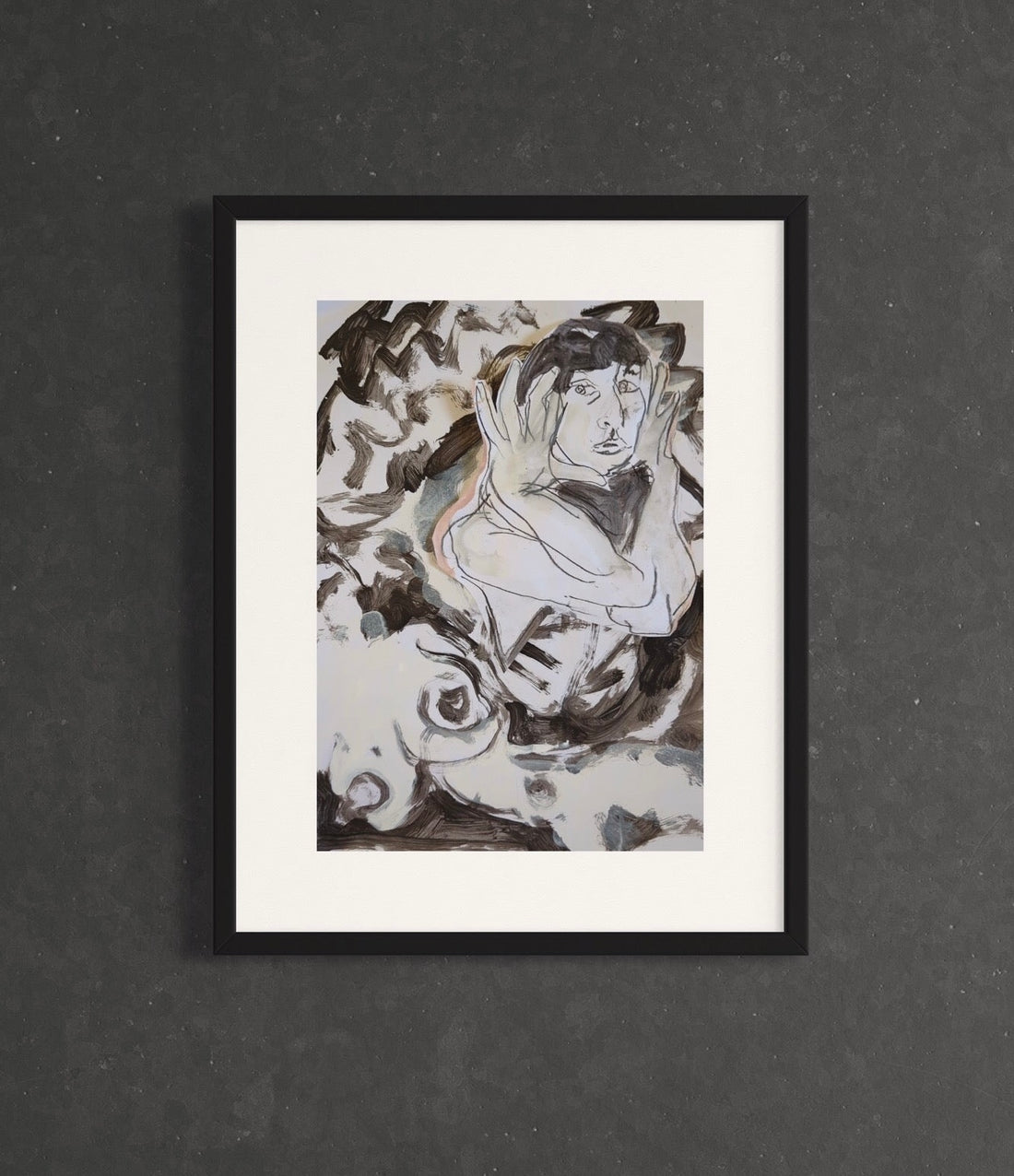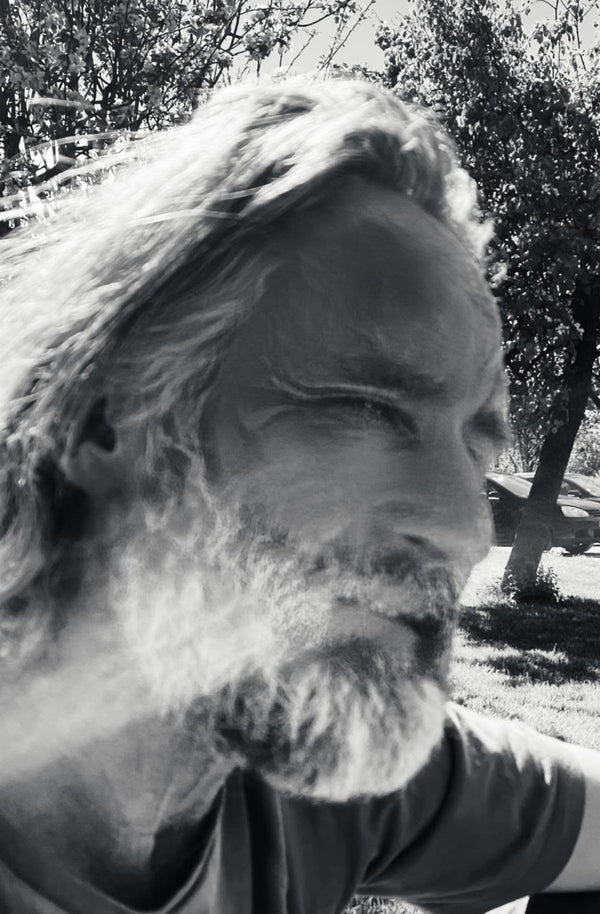
Why don't Cannibals eat Clowns?
Share
In this short piece of writing, originally written as a speech, I intend to argue for the positive benefits of having a high tolerance of ambiguity a way of existing that opens one to all kinds of new experiences where not everything needs explaining.
My favourite surrealist film made by Luis Bunuel and Salvador Dali in 1929 called Un Chien Andalou has as a title at the beginning proclaiming 'Once up on a time ...' Il etait une fois.. and at the end Finis. The middle part is a wonderful collage of disjointed dream like images that jump and fade between scenes. Anyone watching this film would be lulled into a false sense of security by the familiarity of the beginning of many children's stories. Soon the rug is pulled out from under the viewer as they realise things are not what they seem. For some people this kind of experience can be distressing as they fight to comprehend a seemingly confusing mixture of images.
Ambiquity refers to something that has several ways of being interpreted, multiple meanings or perhaps no definite conclusion no understandable beginning middle or end.
Tolerance is the ability to deal with something that we might find annoying or upsetting it is something that we would all aspire to.
So.. How do YOU experience ambiquity?
The following thoughts might be your experience of ambiguous story lines in novels you have read and films you have seen or in life's drama where there seems to be no definite ending or 'adequate' conclusion.
You might feel paniky and uncomfortable
You might say to yourself
I don't understand
I can't make sense of it
I don't know what is going on?
and you might think:
I have to know the answer!
and I wonder if anyone else would be able to tell me the answer?
Does a feeling of uncertainty or panic have to be the result of ambiguity?
How would it be if you were able to re-frame your feelings differently?
So you might ask just what are the benefits to having a tolerance of ambiguity?
I think Ambiguity in the many forms we find it allows one to do ones own thinking, to ponder alternatives, to make your own meaning. I also think that being fed the answers or things being laid out too easily doesn't require much effort or personal involvement. In general and most of all it decreases stress.
Alan Watts, writer and speaker about Eastern philosophy suggests that life is wiggly and that we are always tempted to create order by putting a grid over it. Instead if you go with the current instead of fighting against it, to “go with the flow” Life feels a lot more natural and less of a struggle. In essence “be like water”.
When one becomes involved in the flow of images, words sense impressions and scenes without the need to grasp and try to hang on a quiet sense of delight and even humour descends upon one.
So What questions and approaches help to have a greater tolerance of ambiquity?
You might choose to feel an inner calm and well-being
You might say to yourself:
I am going to just let all wash over me
It might signify the other
I wonder if..
You choose to think:
What a lark..its beautifully absurd - all without a sense of urgency or needing to know
A friend of mine whenever she got lost used to say pragmatically: 'All roads lead somewhere'. She was able to let go of her attachment to her intended destination and would choose to enjoy the new one and the new route.
I think being able to relax into ambiguity and the mental upset often accompanying it is a great ability.
